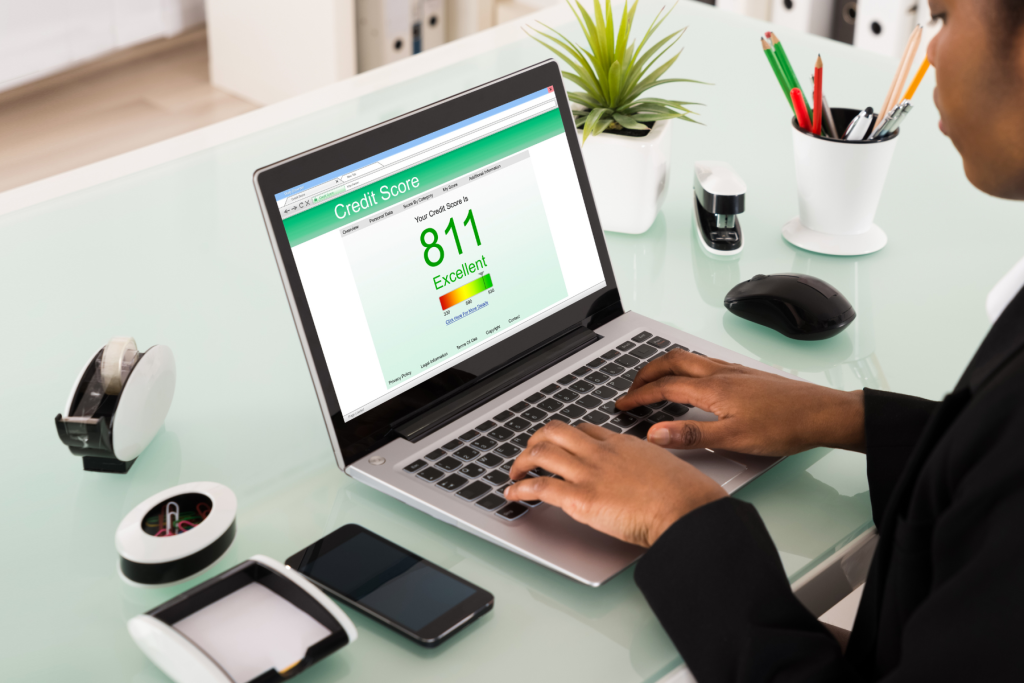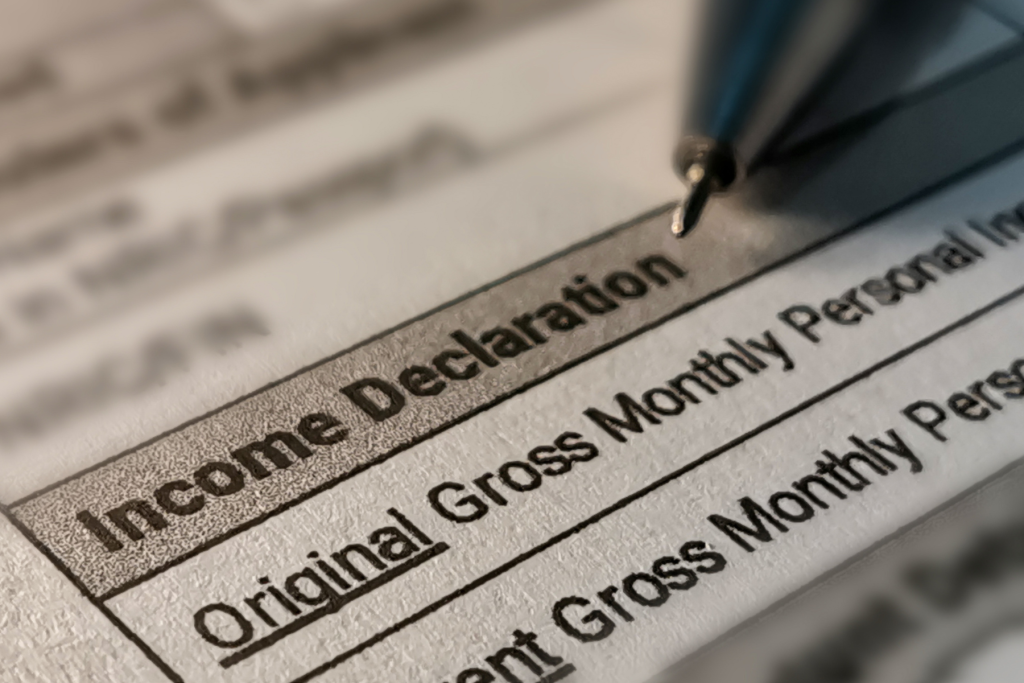If you’re self-employed and looking to buy a home, navigating the home loan process can be challenging. Without the steady paycheck and tax returns that traditional employees can rely on, it’s important to know what steps you can take to improve your chances of securing a loan. In this article, we’ll explore these tips and more to help you find the right home loan as a self-employed borrower.
Seek expert advice
Trying to navigate the home loan landscape solo may not produce the outcome you desire. There are many experts who can help self-employed people access a home loan, and a mortgage broker is a good first port of call. They will be able to provide you with an up-to-date overview of which lenders on their panel are most comfortable lending to the self-employed, and also explain what sorts of loan products are available. They can also provide valuable advice about the sort of documentation you must have ready before you submit your application.

Get your affairs in order
Many lenders will lend to self-employed borrowers who provide their full business financials. This generally includes your personal and business tax returns for the past two years. If you have these documents on hand – and they reveal a fairly consistent income – applying for a loan should be relatively straightforward.
However, the hectic schedule of running your own business means many self-employed borrowers’ tax returns are not up to date. If you have time on your side, consider working with your accountant to lodge your outstanding returns. If you’re in a hurry, you may wish to explore the option of applying for a low doc loan.

Consider an alt doc loan
Alt doc loans are offered by a wide range of lenders and, as the name suggests, require less documentation than traditional loans. Many low doc loans only require 12 months of business activity statements instead of full financials, for example. A downside of some low doc loans is that they may only be available at a lower loan-to-property value ratio (LVR), which means you may need a larger deposit.

Do your homework
Checking your credit history is a good step for anyone applying for a home loan. If you’re self-employed, it’s definitely worth taking the time to make sure your credit history doesn’t include any defaults or errors – these can hold up your loan application if they are not rectified in advance.
Taking the time to work out exactly how much you’d like to borrow is also a good idea. That way, you can hit the ground running when you meet with lenders or your mortgage broker.

Think outside the square
It may be possible to apply for a home loan using a Certificate of Income Declaration – a document that verifies your income and is signed by your accountant. It’s wise to consult a mortgage broker before applying for a loan in this way, as he or she can advise which lenders will accept an income declaration. It should be noted, however, that applying for a loan using such a document may mean that the required LVR (the portion of the property value you can borrow) may be lower, so you may need a larger deposit.

Maria Papa is a senior finance expert specialising in home loans, investment loans, self-employed loans, Alt Doc loans, car loans, personal loans and loan protection. She has offices in Sydney, Melbourne and Manila. If you have questions, you can call Maria at 0430 144 008 or email her at mpapa@maverickfinance.com.au.
Your full financial situation will need to be reviewed prior to acceptance of any offer or product.


